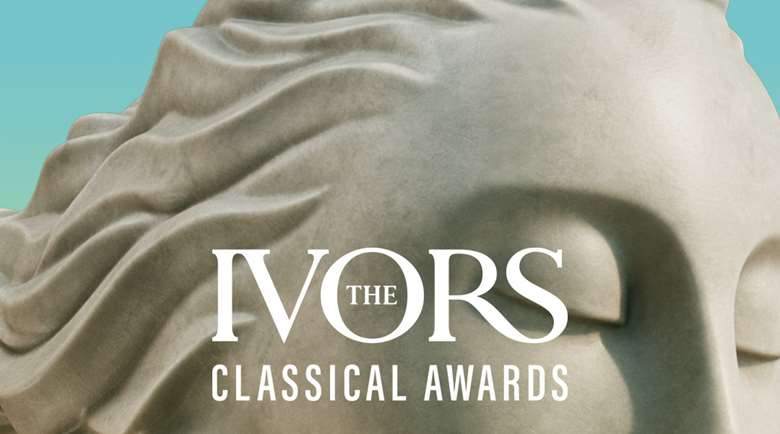Ivors Classical Awards nominations revealed
Florence Lockheart
Tuesday, October 15, 2024
Winners will be revealed at an awards ceremony at London’s BFI Southbank on 12 November


Register now to continue reading
Don’t miss out on our dedicated coverage of the classical music world. Register today to enjoy the following benefits:
- Unlimited access to news pages
- Free weekly email newsletter
- Free access to two subscriber-only articles per month




